The 2025 Arab–Islamic extraordinary summit, held in Doha, Qatar, on September 14–15, marked a pivotal moment in Middle Eastern diplomacy. Convened in direct response to an unprecedented Israeli airstrike on the Qatari capital, the meeting served as a forum for Arab and Islamic nations to formalise a collective security and diplomatic response. The paper finds that this Israeli action, intended to undermine ongoing negotiations, inadvertently solidified a unified front among regional powers. The incident also exposed a profound erosion of trust in the United States as a reliable security partner, compelling Gulf states to actively consider alternative defence and diplomatic alignments. The summit's outcomes signal a new phase of regional foreign policy, moving beyond rhetorical condemnation to a framework for coordinated legal and economic measures, with significant implications for Israel, the United States, and the prospects for a lasting ceasefire in Gaza.
The final communiqué went far beyond rhetoric, demanding concrete punitive and legal measures against Israel. These included a call for sanctions, a review of diplomatic relations, and the use of international legal bodies to hold Israel accountable. The activation of the Gulf Cooperation Council’s (GCC) Joint Defence Council signalled a tangible move toward a new, collective regional security paradigm. The summit’s outcomes collectively demonstrate a strategic pivot away from American-led diplomacy and security frameworks toward a more independent and potentially confrontational regional posture, signalling a new, more volatile era in Middle East geopolitics.
The Precipitating Incident: The Israeli Airstrike on Doha
The emergency summit was triggered by an Israeli airstrike on Sept. 9, 2025, which struck a residential area in Doha housing Hamas political representatives. The strike killed six individuals, including a Qatari security official, and injured 18 others. Qatar condemned the attack as a “treacherous act” and “state terrorism,” characterizing it as a severe violation of sovereignty and established international norms. Although the operation did not eliminate senior Hamas leaders, it resulted in the deaths of five lower-ranking members alongside the Qatari official. An Israeli spokesperson justified the strike by remarking: “We saw an opportunity, and we took it,” a statement underscoring its tactical and opportunistic nature.
The timing of the attack amplified its political repercussions. It occurred while Hamas leadership was deliberating over a new ceasefire proposal promoted by the Trump administration. Many Arab and Islamic leaders interpreted the strike as a deliberate attempt to derail prospects for negotiation. Emir Sheikh Tamim bin Hamad Al Thani questioned Israel’s motives, asking, “If Israel wants to assassinate the political leadership of Hamas, why does it negotiate with it?” Similarly, Lebanese President Joseph Aoun argued that the bombing was not directed at individuals per se but at “the very idea of negotiation.” The episode thus conveyed a strategic choice by Israel to prioritize military escalation over political compromise, effectively prolonging the conflict in Gaza while avoiding the political constraints of a ceasefire framework.
The incident also exposed deep vulnerabilities in the U.S.–Qatar security relationship and, by extension, the broader Gulf security order. Qatar, formally designated a Major Non-NATO Ally and host to the United States’ largest Middle Eastern airbase at Al Udeid, had long assumed this partnership rendered it immune to such external aggression. That assumption was eroded when the strike—conducted with U.S.-manufactured aircraft and in proximity to the American base—proceeded unimpeded. Conflicting reports over whether Washington had tacitly approved the strike or was caught unprepared further compounded the crisis of confidence. The inability—or unwillingness—of the United States to prevent the incident reinforced doubts among Gulf states regarding U.S. reliability as their primary security guarantor and accelerated regional interest in exploring “alternative defence partnerships.”
For decades, the United States maintained a security umbrella across the Gulf in return for strategic alignment. The Doha strike, however, amounted to a stress test of this arrangement—one that the U.S. demonstrably failed. By permitting a regional ally to violate the sovereignty of a host state, Washington undermined the credibility of its own security guarantees. The summit was therefore convened not only to condemn the Israeli strike as an infringement on the sovereignty of a GCC member but also to deliberate on the declining utility of American protection.
The most profound consequence of the strike was the revelation that the presence of the massive U.S. airbase in Qatar offered no shield against external attack. This failure caused America’s Arab allies to reassess their strategic dependency on Washington. The event served as a catalyst for Gulf states to collectively re-examine their defence posture, with growing interest in security cooperation with China and Turkey. The summit communiqué thus carried a dual message: condemnation of Israel’s actions and a direct warning to the United States that its inability to restrain its ally carries real costs for its regional standing. The GCC’s immediate move to issue a separate statement and activate its Joint Defence Council reflected a decisive step toward self-reliant and collective regional security, independent of U.S. guarantees.
A Broad Islamic Front
Another distinctive feature of the summit was the participation of non-Arab Islamic states, vividly underscoring the event’s pan-Islamic scope. Malaysia, represented by Prime Minister Dato’ Seri Anwar Ibrahim, took part alongside senior officials. His participation reaffirmed Malaysia’s stance on Palestinian rights and its declared solidarity with Qatar in the aftermath of the airstrike. Similarly, Azerbaijan and other non-Arab Muslim-majority states joined the proceedings, signalling that the issue at stake had transcended the confines of Arab geopolitics to be framed as a broad Islamic cause.
The dual title of the gathering— “Arab-Islamic” summit—was not a mere linguistic flourish but a deliberate political framing. By convening leaders from across the Islamic world and emphasizing collective representation that spans over a billion people, the summit imbued its communiqués and policy recommendations with greater legitimacy and global resonance. Casting the response within the framework of Islamic solidarity also reinforced the perception that the violation of Qatari sovereignty was part of a broader challenge to Islamic states’ collective dignity and security.
In this sense, the summit did not merely signal a temporary diplomatic alignment in defence of Qatar. Rather, it showcased the contours of a newly emerging consensus: one in which Arab and non-Arab Muslim-majority states could converge around a collective threat perception and translate it into coordinated institutional action. This convergence marked a rare redrawing of regional dynamics, highlighting not only shared vulnerability but also a shared capacity for mobilization.
Speeches and Strategic Messaging
The summit served as a platform for Arab and Islamic leaders to deliver a united message of condemnation and solidarity. The speeches from key heads of state underscored a collective outrage and a shared commitment to a more proactive regional response.
Qatar’s Stance: From Mediator to Aggrieved Party
Emir Sheikh Tamim bin Hamad Al Thani’s keynote address was the central component of the summit. He condemned the “blatant, treacherous, and cowardly” attack on a residential neighbourhood, calling it a gross violation of state sovereignty and international conventions. He highlighted Qatar’s long-standing role as a peaceful mediator and expressed shock that it was targeted, especially while facilitating negotiations for a ceasefire. The Emir reiterated his country’s determination to uphold its sovereignty and continue its mediating role, noting that Israel’s “practices will not deter us from continuing our dedicated efforts” to end the war.
Saudi Arabia’s Unification Call
Saudi Crown Prince Mohammed bin Salman attended the summit on behalf of King Salman and delivered a strong message of condemnation. He declared that Israel’s “brazenness will only inflame the conflict” and insisted that “Arab and Islamic countries must stand united against Israel”. To move beyond rhetoric, he proposed the drafting of a “comprehensive roadmap” for a ceasefire in Gaza and the formation of a joint Arab-Islamic committee to deliver their collective message to the United Nations Security Council and other international bodies. This represented a clear call for concrete, collective action to address the crisis.
Egypt’s Warning: Crossing All Red Lines
Egyptian President Abdel Fattah el-Sisi delivered a forceful speech, warning that Israel had “crossed all red lines” and jeopardized existing peace agreements. He affirmed Egypt’s “full solidarity with Doha” and stressed that Israel’s actions threaten regional stability and the future of peace. He urged the international community to recognize that Israel’s policies “brazenly defy international laws” and called for the leaders of the Arab and Islamic worlds to act collectively. President el-Sisi proposed the establishment of an “Arab-Islamic mechanism for coordination and cooperation” to confront the security, political, and economic challenges posed by unchecked Israeli recklessness.
The Israeli strike, which aimed to create division and weaken regional consensus, had the opposite effect. The attack targeted a fellow GCC member state and longstanding U.S. partner, provoking near-universal condemnation that transcended previous political differences. This shared outrage fostered a newfound unity among Arab and Islamic states, who perceive the strike as an existential threat to their collective national security and sovereignty. Consequently, the region responded with a united front, signalling collective resistance to actions that violate international law and undermine regional stability.
Summit Participation and Geopolitical Alignment
The level of representation at the summit provided a clear signal of each nation’s geopolitical stance. The overwhelming presence of leaders and high-level officials highlighted the gravity of the incident and the desire to present a unified front.
Table1: Key Attendance and Delegation Tiers
| Country | Highest-Ranking Official |
| Qatar | H.H. Emir Sheikh Tamim bin Hamad Al Thani |
| Saudi Arabia | Crown Prince Mohammed bin Salman |
| United Arab Emirates | Sheikh Mansour bin Zayed |
| Egypt | President Abdel Fattah el-Sisi |
| Jordan | King Abdullah II |
| Palestinian Authority | President Mahmoud Abbas |
| Syria | President Ahmad al-Shara |
| Lebanon | President Joseph Aoun |
| Iran | President Masoud Pezeshkian |
| Turkey | President Erdoğan |
| Malaysia | Prime Minister Dato’ Seri Anwar Ibrahim |
| Bahrain | HH Shaikh Abdullah bin Hamad Al Khalifa |
| Morocco | HRH Prince Moulay Rachid |
The Final Communiqué: Outcomes and Resolutions
The summit culminated in the issuance of a final communiqué that outlined a series of concrete and punitive measures against Israel. The document represents a new phase of Arab and Islamic foreign policy, moving beyond symbolic rhetoric to a framework for coordinated legal and diplomatic action.
Legal and Diplomatic Actions
The communiqué “condemned in the strongest possible terms” the “cowardly and unlawful attack” on Qatar. It called for “all States” to take “legal and effective measures to prevent Israel from continuing its actions” against the Palestinian people. These measures include ending Israel’s “impunity,” holding it accountable for its crimes, and imposing sanctions, as well as suspending the supply, transfer, or transit of weapons and military materials. The communiqué also contained an explicit demand for member states to “review diplomatic and economic relations with Israel” and to “initiate legal proceedings against it.”
The document further elevated the legal pressure by obliging OIC member states that are parties to the Rome Statute of the International Criminal Court (ICC) to support the enforcement of arrest warrants against Israeli officials issued in November 2024. It also urged member states to pursue diplomatic and legal efforts to ensure Israel’s compliance with the International Court of Justice’s (ICJ) January ruling in the genocide case concerning Gaza. In a powerful symbolic and political move, the communiqué encouraged OIC states to “assess whether Israel’s membership in the United Nations aligns with the U.N. Charter” and to work toward suspending its U.N. membership. The language of the communiqué, which opens the door for countries with normalized relations to review those ties, places pressure on the Abraham Accords signatories to justify their continued ties.
Security Posture
In a tangible display of collective action, the GCC announced a decision “to activate the mechanisms of joint defence and the Gulf deterrence capabilities” in light of the aggression against Qatar. The GCC’s unified military command was instructed to take “the necessary executive measures” to formalize this process. The historical rarity of this action—the joint defence council has only been activated twice before, in 1991 against Iraq and in 2011 during the Arab Spring—underscores the seriousness with which Gulf leaders view this incident. This decision, coupled with the discussion of exploring “alternative defence partnerships with China and Turkey”, represents a fundamental and potentially long-term strategic shift in Gulf security. It is a direct result of the perception that the U.S. security shield is no longer reliable. This pivot is the clearest signal yet that the Gulf states are hedging their bets and preparing for a future where they are more self-reliant or aligned with non-Western powers.
Table 2: Summary of Summit Outcomes and Strategic Consequences
| Summit Outcome | Key Resolution/Result | Strategic Consequence |
| Final Communiqué Diplomatic Actions | Calls for reviewing diplomatic and economic relations with Israel and supporting legal proceedings against it. | Increases international pressure on Israel and places the Abraham Accords under stress, potentially leading to Israel’s greater diplomatic isolation. |
| Final Communiqué Legal Actions | Explicitly supports the enforcement of ICC arrest warrants and compliance with ICJ rulings. Also calls for assessing and suspending Israel’s U.N. membership. | Elevates the legal accountability framework against Israel from a rhetorical to an active, coordinated effort in international forums. |
| GCC Security Resolutions | Activation of the GCC’s joint defence mechanism and exploration of alternative security partnerships. | Marks a clear pivot away from a sole reliance on the United States as a security guarantor, signalling a long-term shift toward a more independent and diversified defence posture. |
| Collective Political Unification | The presence of nearly all senior Gulf and Islamic leaders and a public show of solidarity among states with past rivalries. | The Israeli strike, intended to divide, inadvertently unified a broad coalition, strengthening the Arab-Islamic front against further Israeli aggression and highlighting a new sense of shared national security. |
| Strategic Repercussions | The U.S. response was seen as contradictory and ineffectual. | Severely damages U.S. credibility as a reliable partner and mediator in the Middle East, risking long-standing, high-value regional alliances and prompting a re-evaluation of security agreements. |
Strategic Implications and Projections
The outcomes of the Doha summit carry significant strategic implications for Israel, the United States, and the prospects for a Gaza ceasefire deal.
Implications for Israel
The airstrike on Doha appears to have been a major tactical miscalculation. It failed to achieve its primary objective of eliminating senior Hamas leadership, instead killing low-ranking members and a Qatari official. The attack has jeopardized the very negotiations Israel publicly claims to want for the release of hostages, drawing widespread condemnation. The incident has also unified Arab and Islamic nations against it, increasing international pressure and scrutiny, particularly in legal forums. It has undermined the progress of the Abraham Accords and the potential for normalizing relations with other key regional powers.
Implications for the United States
The U.S. response to the attack was widely seen as “contradictory” and lacking in diplomacy and substance. This perceived failure to protect a key ally has severely damaged US credibility as a reliable partner and mediator in the region. The incident is part of a broader “global realignment” where the United States is viewed as an “unreliable security partner.” By prioritizing its alignment with Israel, the United States is risking “long-standing and high-value regional partnerships” at the potential expense of broader Gulf security interests. This has accelerated a shift in Gulf foreign policy to seek a more diversified and independent security posture, leading to active discussions about alternative defence partnerships.
The Collapse of Ceasefire Prospects
Israel’s strike on Hamas officials in Doha—targeting both the negotiating party and the mediating state—has profoundly disrupted and delayed ongoing ceasefire negotiations. By attacking figures directly involved in deliberations, Israel significantly reduced the likelihood of achieving a deal that might have secured the release of the remaining 20 living hostages. The impact extends beyond the immediate talks. The United States has been engaged with regional partners in exploring a “post-war receivership” arrangement for Gaza, yet the outcomes of the Doha summit indicate that Arab and Islamic states will insist any post-conflict framework must respect Palestinian sovereignty and advance toward the establishment of a Palestinian state along the 1967 borders.
This episode illustrates not an isolated crisis but a symptom of a deeper strategic vulnerability at the heart of the U.S.-led order in the Middle East. The recurring pattern of Israeli strikes conducted on the territories of U.S. regional partners—whether with Washington’s tacit approval or inability to restrain them—has eroded confidence in the United States as a security guarantor. More than a question of material force, this represents the breakdown of what might be called the “psychological authority” of U.S. and Israeli power. Rational actors, including Gulf states long aligned with the American security umbrella, are now openly reconsidering their options and seeking what they describe as “alternative mates” in an increasingly multipolar global order. In this sense, the Doha summit was not simply a reaction to a single attack but a collective acknowledgement of a deteriorating and chaotic regional reality.
The timing of the summit reinforced this perception. On the same day the leaders convened in Doha, Israel launched an extensive wave of airstrikes on Gaza City as well as attacks in southern Lebanon, while Prime Minister Netanyahu announced the approval of new West Bank settlements, reaffirmed plans for full annexation, and explicitly ruled out the creation of a Palestinian state. These simultaneous military escalations and political provocations created a high-stakes environment that magnified the urgency of the summit’s response.
The outcomes of the Doha summit must therefore be interpreted as both reactive and declarative: a reaction to the immediate aggression and a declaration of a broader strategic shift. While the final communiqué reaffirmed rhetorical commitment to the two-state solution—highlighting, for example, its endorsement of the “New York Declaration”—it simultaneously articulated a readiness to employ punitive legal and diplomatic measures against Israel. This dual approach reflects what may be a last effort to preserve the viability of negotiations, even as many Arab and Islamic leaders increasingly conclude that the window for a negotiated peace settlement has either closed or is closing rapidly. The embrace of more confrontational instruments—legal, institutional, and economic—suggests that the peace process, as traditionally conceived, is being replaced by a new era of adversarial diplomacy and structured opposition to Israeli policy.
To conclude, the Doha Summit of September 2025 represents a watershed moment in contemporary Middle Eastern diplomacy. More significantly, the summit signalled the consolidation of an unprecedented Arab-Islamic consensus, one that defined Israeli actions as aggression sustained by tacit or overt U.S. backing.
The summit’s final communiqué, reinforced by GCC resolutions, outlined a trajectory toward collective and, at least in principle, punitive measures. The credibility of these commitments will ultimately be determined by their implementation, yet the political symbolism of their articulation has already altered the strategic landscape. For Washington, the summit underscored a profound erosion of its credibility as a guarantor of Gulf security, accelerating a long-term reassessment of alignments that is increasingly orienting regional states toward a multipolar security order incorporating China, Turkey, and potentially other external powers.
For Israel, the outcomes create the prospect of encountering a more unified, legally coordinated opposition across Arab and Islamic states. Beyond rhetorical condemnation, this may materialise in sustained diplomatic isolation and economic costs, particularly if legal instruments—such as international tribunals or sanctions frameworks—are mobilised as part of the newly declared strategy of collective pressure. For the United States, the summit was not only a warning regarding the decline of its influence but also an indictment of the inadequacy of its post–Cold War security model, which is no longer viewed as sufficient protection by its closest allies.
The activation of GCC defence mechanisms and the deliberation of new external partnerships represent a decisive turn toward security self-reliance among Arab and Islamic states. This recalibration coincides with the sharp narrowing of prospects for a negotiated two-state solution. Rather than advancing peace negotiations, the trajectory of regional diplomacy now appears orientated toward legal, diplomatic, and economic forms of confrontation with Israel, embedded within a broader restructuring of regional order.
The Doha Summit should therefore not be read as an isolated episode but as a signal of transition into a new phase of Middle Eastern geopolitics—one marked by shifting alliances, the embrace of legal and institutionalised punitive measures, and a fundamental reassessment of security arrangements. Collectively, these developments represent a departure from decades of dependence on the United States and a reassertion of agency by Arab and Islamic states in shaping their security and diplomatic futures.
References
HH The Amir Inaugurates Emergency Arab-Islamic Summit, accessed September 16, 2025, https://www.diwan.gov.qa/en/briefing-room/news/activities-and-occasions/2025/september/15/hh-the-amir-inaugurates-emergency-arab-islamic-summit
Qatar hosts Arab-Islamic emergency summit: Who said what? – Al Jazeera, accessed September 16, 2025, https://www.aljazeera.com/news/2025/9/16/qatar-hosts-arab-islamic-emergency-summit-who-said-what
What to know about the Israeli strike aimed at Hamas leaders in Qatar, accessed September 16, 2025, https://apnews.com/article/israel-palestinians-hamas-war-qatar-strike-what-to-know-cdef05446fdc7767cf6656baedb4c154
Gulf leaders call on Trump to rein in Israel after Qatar emergency summit – The Guardian, accessed September 16, 2025, https://www.theguardian.com/world/2025/sep/15/gulf-leaders-call-on-trump-to-rein-in-israel-after-qatar-emergency-summit
Monday briefing: Israel’s bombing of Qatar threatens the fabric of Gulf security, accessed September 16, 2025, https://www.theguardian.com/world/2025/sep/15/monday-briefing-israels-bombing-of-qatar-threatens-the-fabric-of-gulf-security
Striking a US Ally: Israel’s Attack on Qatar and the Erosion of Regional Stability, accessed September 16, 2025, https://arabcenterdc.org/resource/israel-attack-on-qatar-and-the-erosion-of-regional-stability/
Trump response to Israel’s Qatar attack undermines US credibility: Analysts – Al Jazeera, accessed September 16, 2025, https://www.aljazeera.com/news/2025/9/11/trump-response-to-israels-qatar-attack-undermines-us-credibility-analysts
Saudi Crown Prince Hails Outcomes of Gulf, Arab-Islamic Summits in Doha, accessed September 16, 2025, https://english.aawsat.com/gulf/5186397-saudi-crown-prince-hails-outcomes-gulf-arab-islamic-summits-doha
Extraordinary Doha Summit Tackles Response to Israeli Attack – Asharq Al-Awsat, accessed September 16, 2025, https://english.aawsat.com/gulf/5186291-extraordinary-doha-summit-tackles-response-israeli-attack
Ahram Online. “Israel Crossed All Red Lines: El-Sisi to Doha Summit,” September 15, 2025. https://english.ahram.org.eg/NewsContent/1/1234/553079/Egypt/Foreign-Affairs/UPDATED–Israel-crossed-all-red-lines-ElSisi-at-Ar.aspx.
Inbar, Matthias, and Ariel Oseran. “IDF Partially Launches Op. On Outskirts and Entrance to Gaza City | LIVE BLOG.” i24NEWS, September 15, 2025. https://www.i24news.tv/en/news/israel-at-war/artc-emergency-summit-statement-draft-accuses-israel-s-attack-threatens-peace-live-blog.
Ministry of Foreign Affairs, Malaysia. “Emergency Arab Islamic Summit to Discuss the Israeli Attack on the State of Qatar Doha.” Press release, September 13, 2025. Accessed September 16, 2025. https://www.kln.gov.my/web/guest/-/emergency-arab-islamic-summit-to-discuss-the-israeli-attack-on-the-state-of-qatar-doha-qatar-15-september-2025.
Magid, Jacob. “Arab, Muslim Leaders Urge Review of Israel Ties After Attack on Hamas Leaders in Doha.” Times of Israel, September 16, 2025. https://www.timesofisrael.com/arab-muslim-leaders-urge-review-of-israel-ties-after-attack-on-hamas-leaders-in-doha/.
Qatar News Agency. “Final Communique Issued by Arab-Islamic Emergency Summit in Doha,” September 15, 2025. https://qna.org.qa/en/News-Area/News/2025-9/15/final-communique-issued-by-arab-islamic-emergency-summit-in-doha.
Mohamed. “Arab-Islamic Summit Calls for Legal Measures and Diplomatic Review of Relations With Israel.” Ahram Online, September 15, 2025. https://english.ahram.org.eg/NewsContent/2/8/553090/World/Region/ArabIslamic-summit-calls-for-legal-measures-and-di.aspx.
DEARBORN NEWS. “Final Statement of the Doha Summit: Review of Diplomatic Relations With Israel After the Aggression Against Qatar and a Call for Imposing International Sanctions on It.,” September 15, 2025. Accessed September 16, 2025. https://dearborn.org/preview/final-statement-of-the-doha-summit-review-of-diplomatic-relations-with-israel-after-the-aggression-against-qatar-and-a-call-for-imposing-international-sanctions-on-it-71394.
Hatem, Mohamed. “Arab-Islamic Summit Calls for Legal Measures and Diplomatic Review of Relations with Israel.” Ahram Online, September 15, 2025. https://english.ahram.org.eg/News/553090.aspx.
Gambrell, Jon. “Qatar Summit in Response to Israeli Strike on Hamas in Doha Leads to Little Action.” PBS News, September 15, 2025. Accessed September 16, 2025. https://www.pbs.org/newshour/world/qatar-hosts-summit-in-response-to-israeli-strike-on-hamas-in-doha-seeking-to-restrain-such-attacks.

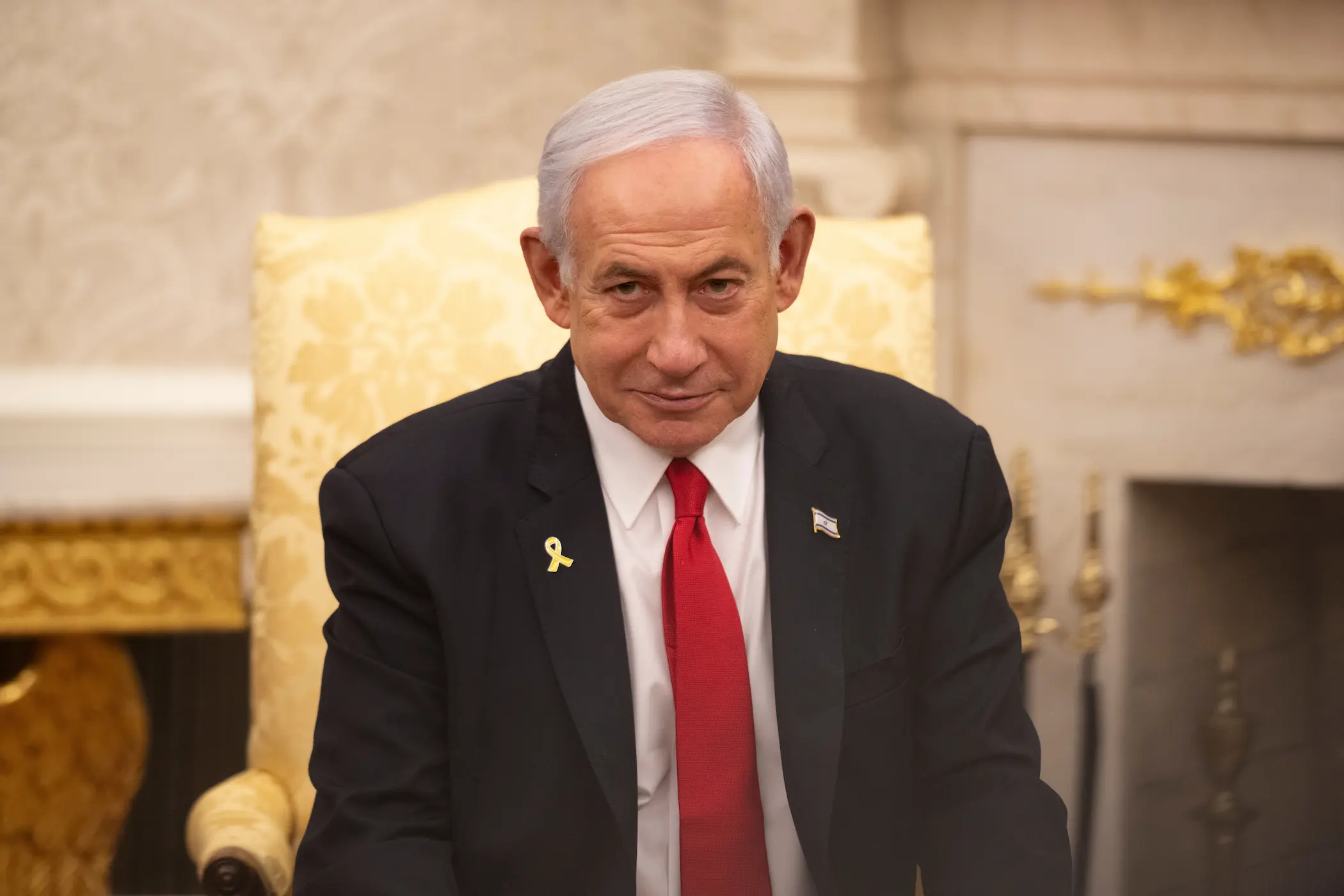

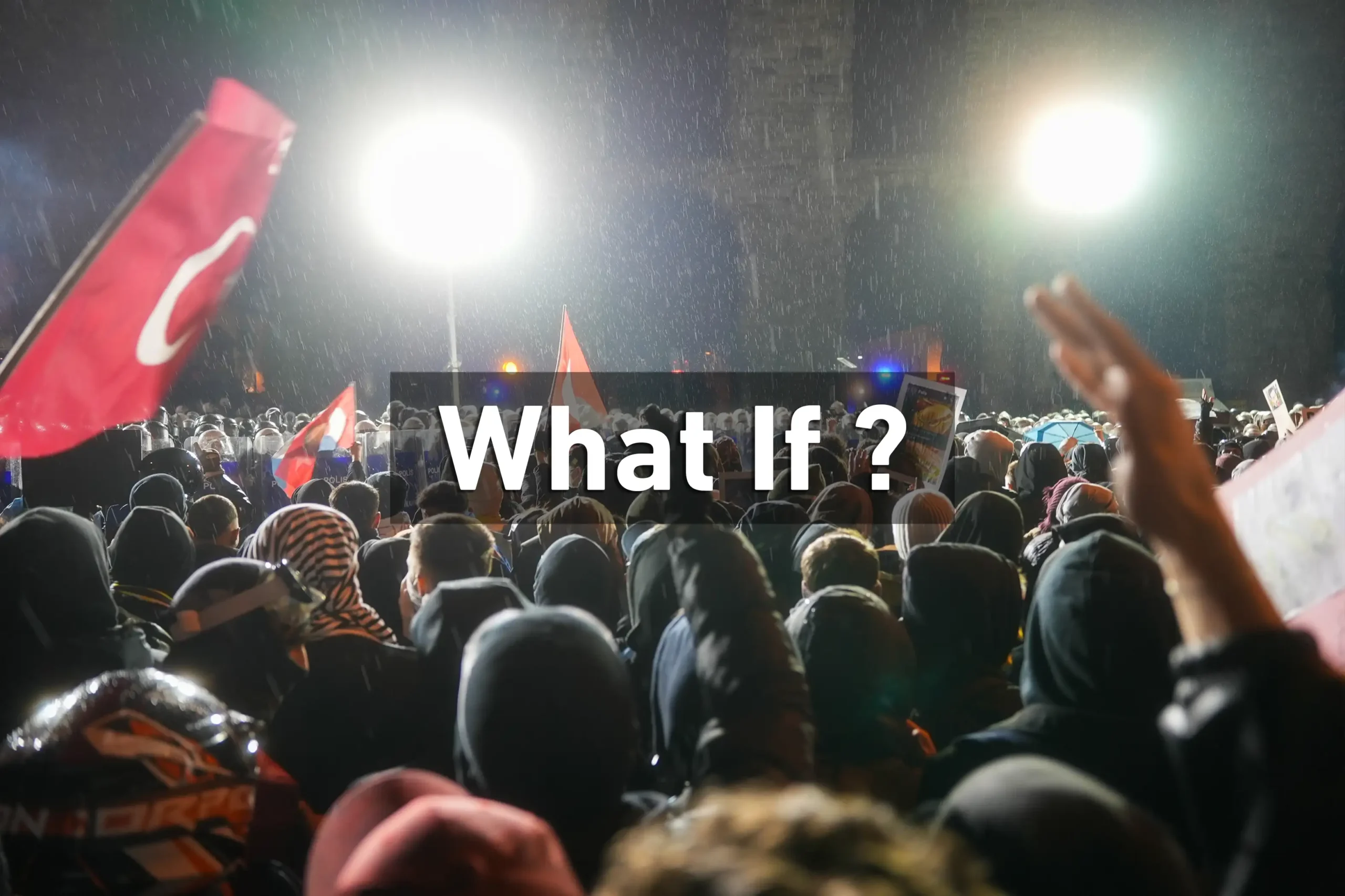

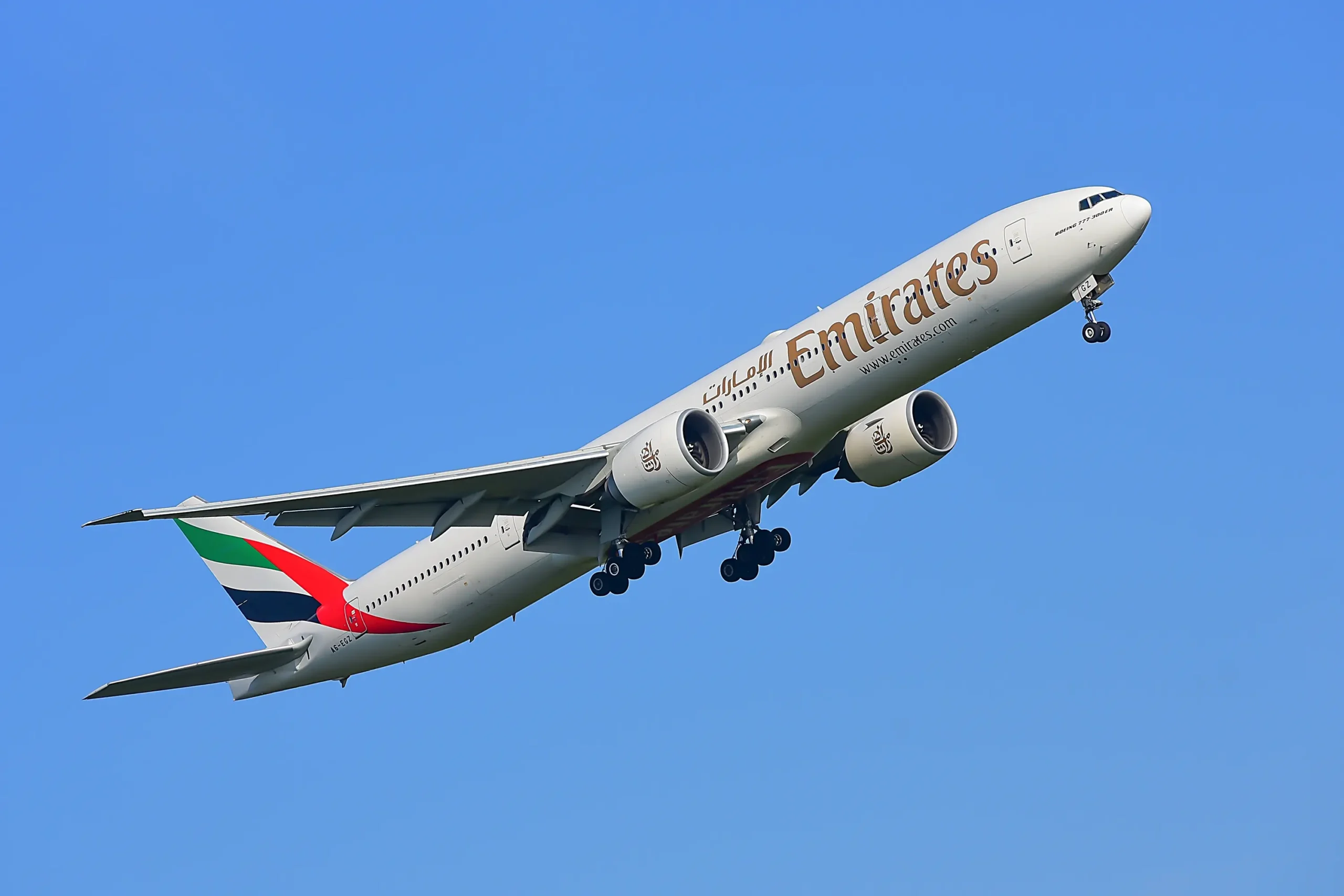
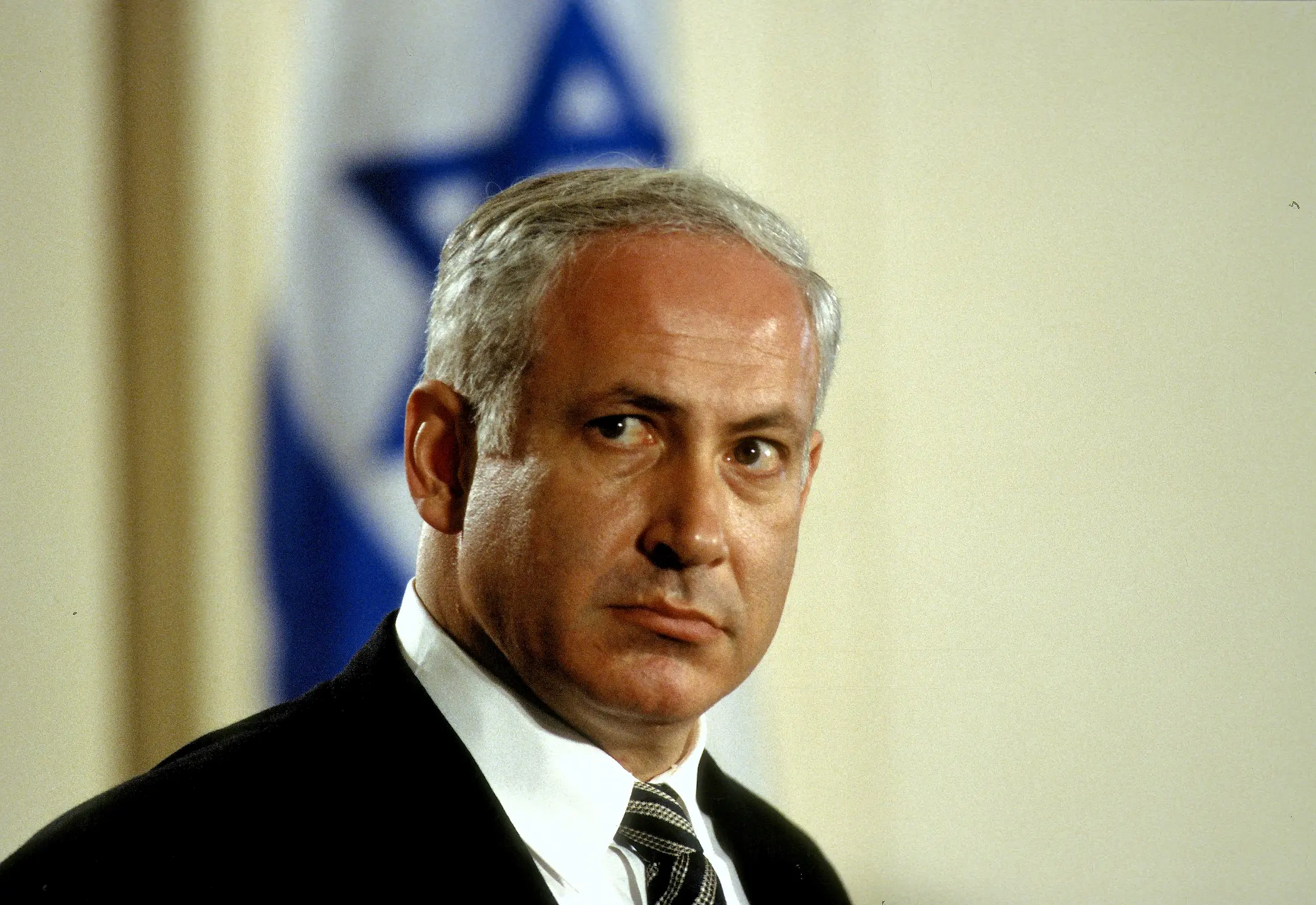

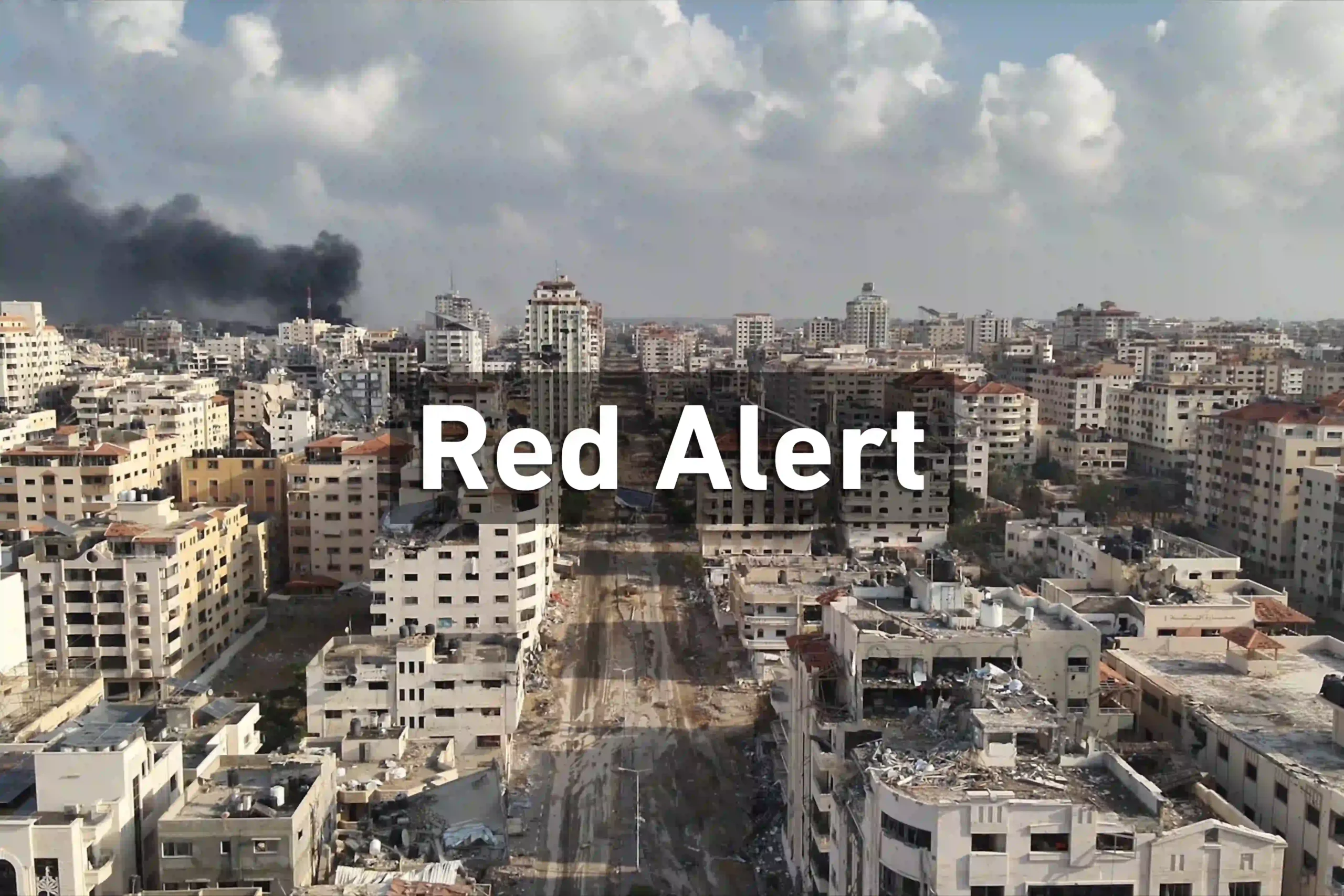
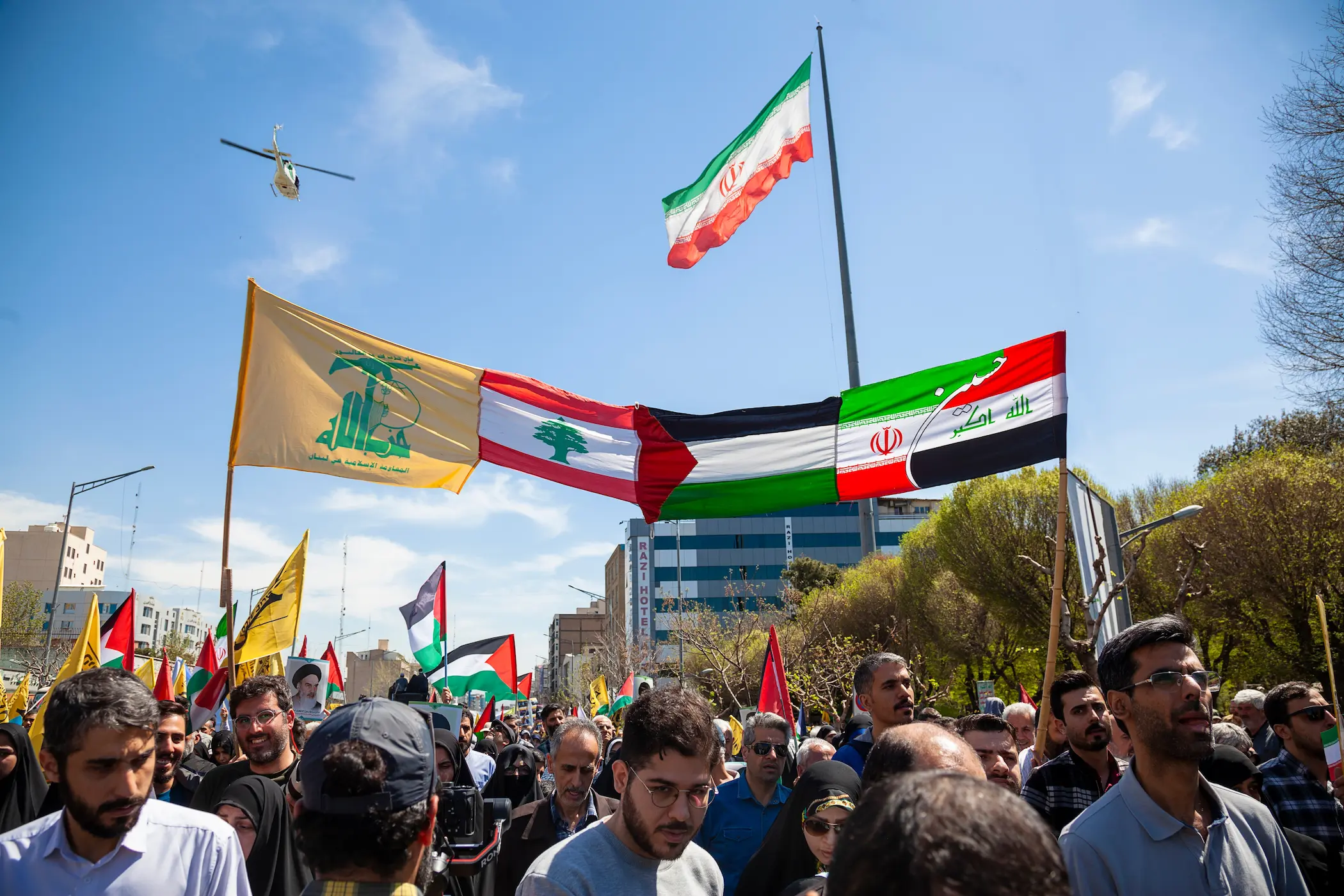


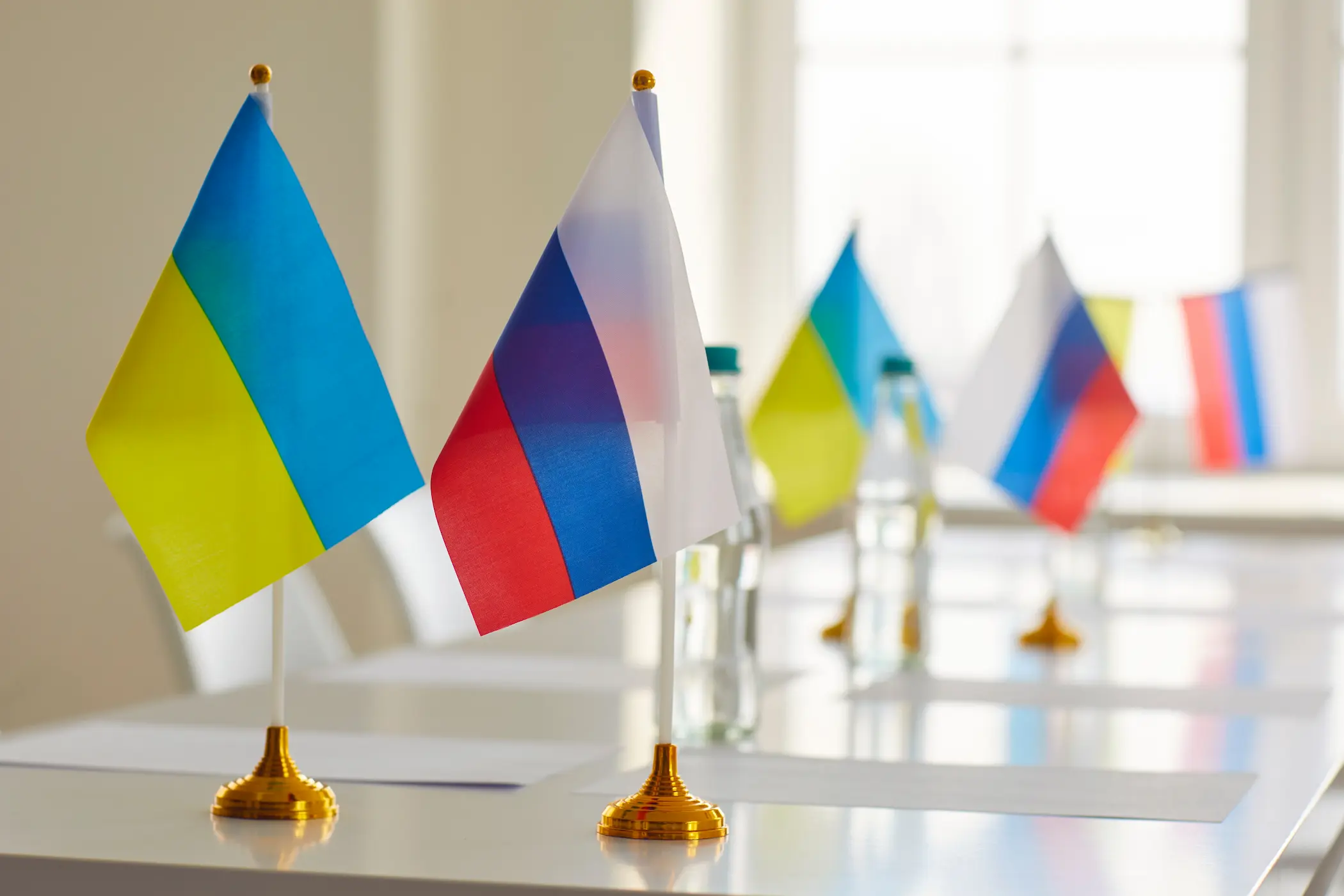
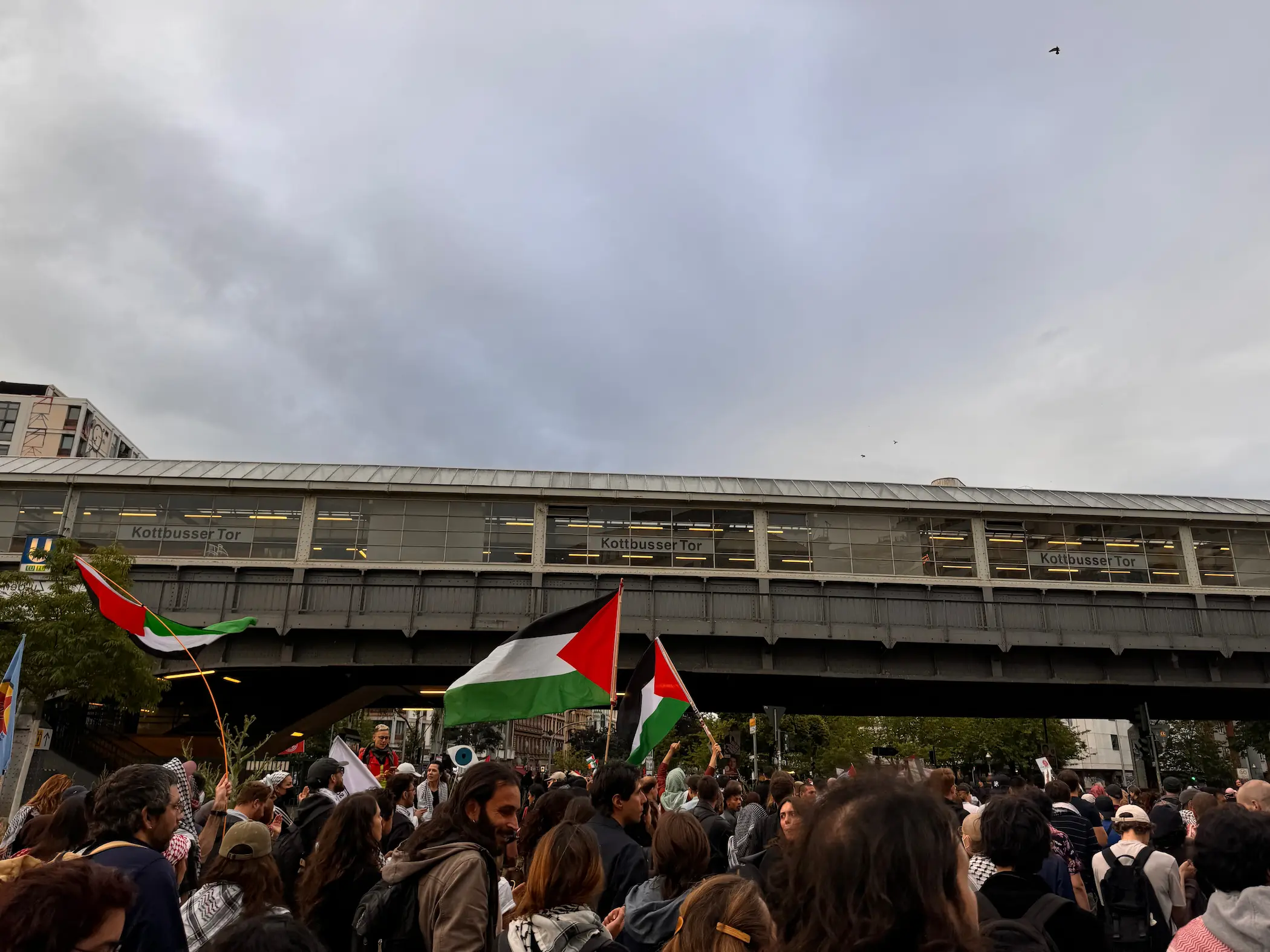
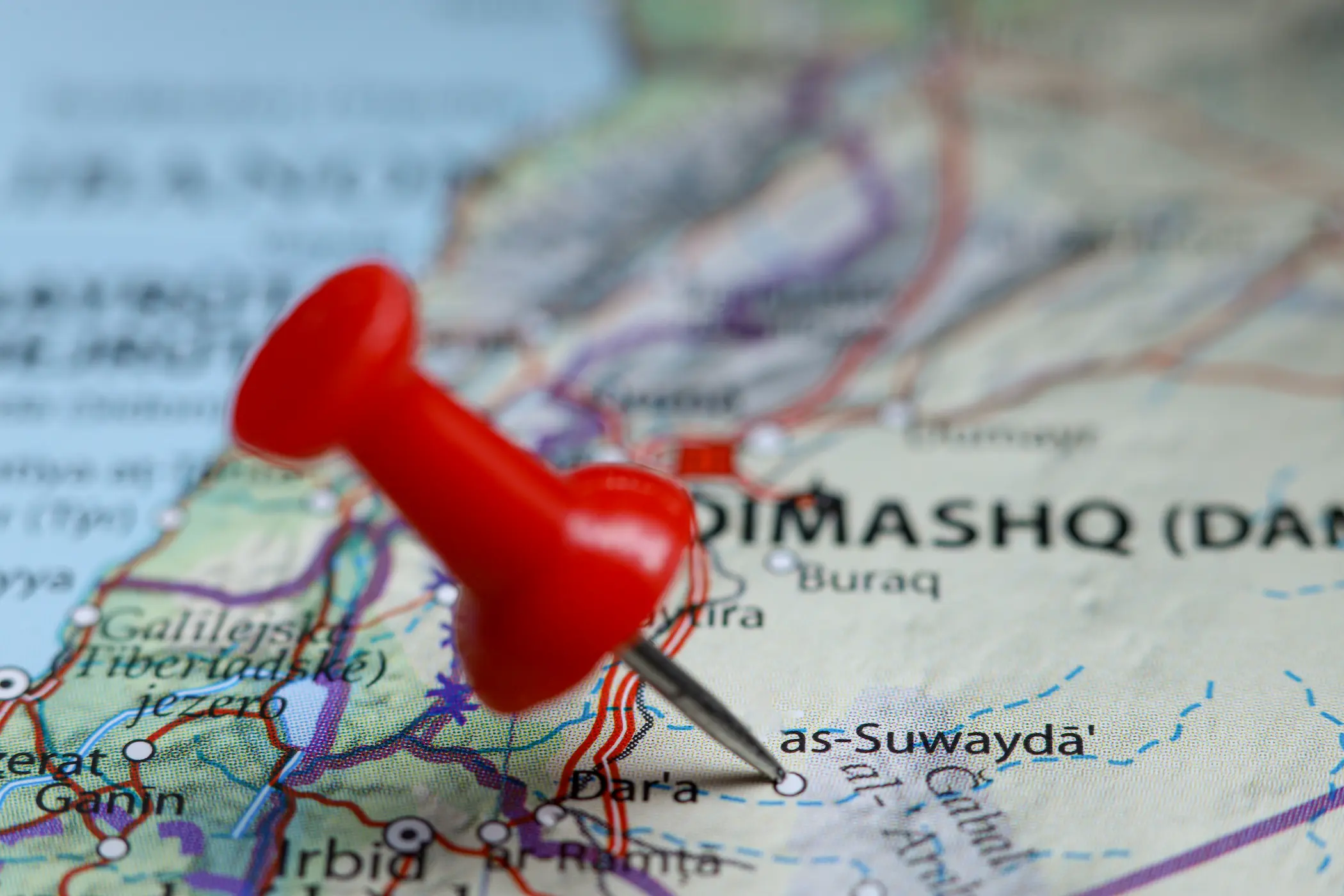

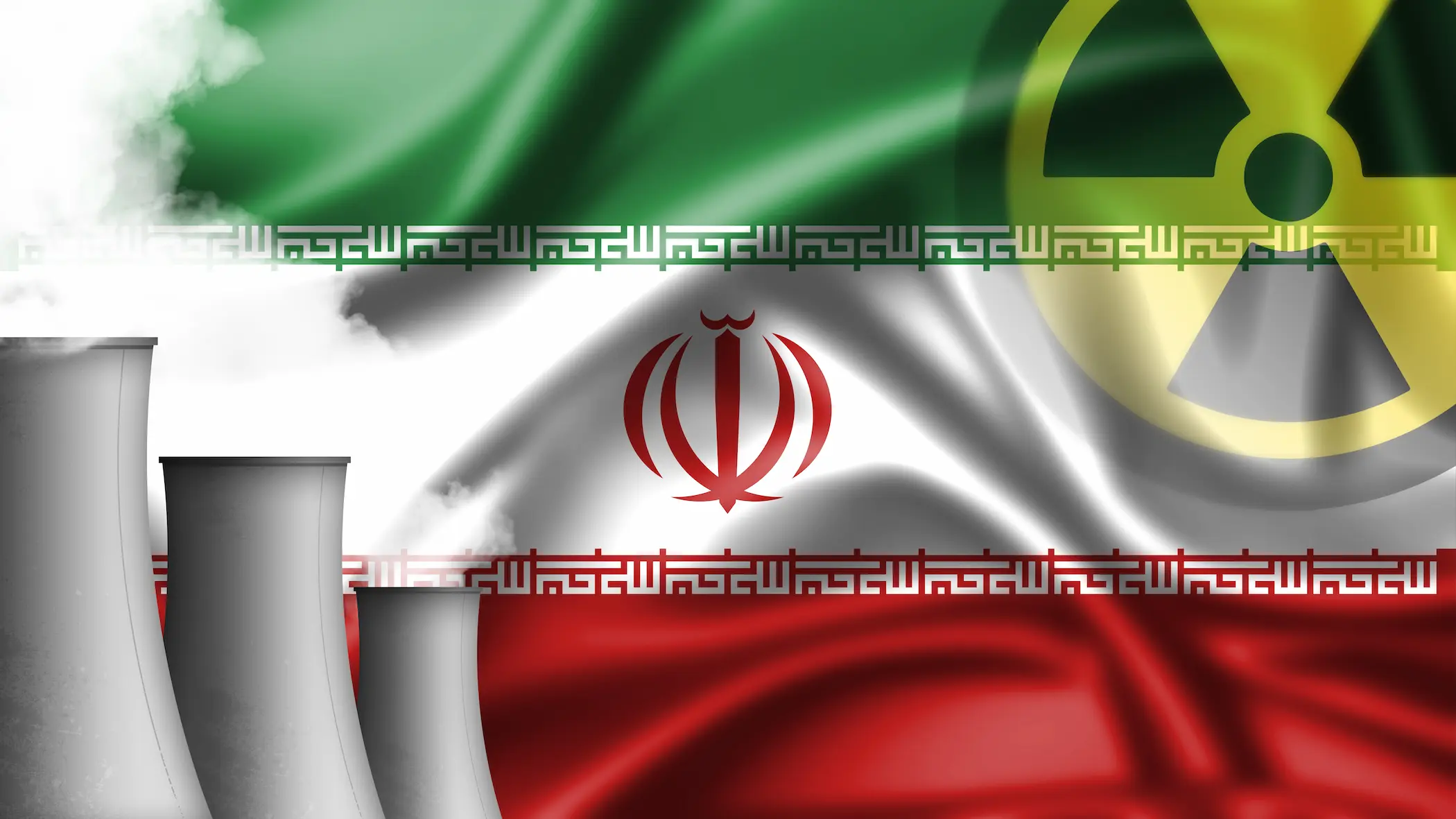

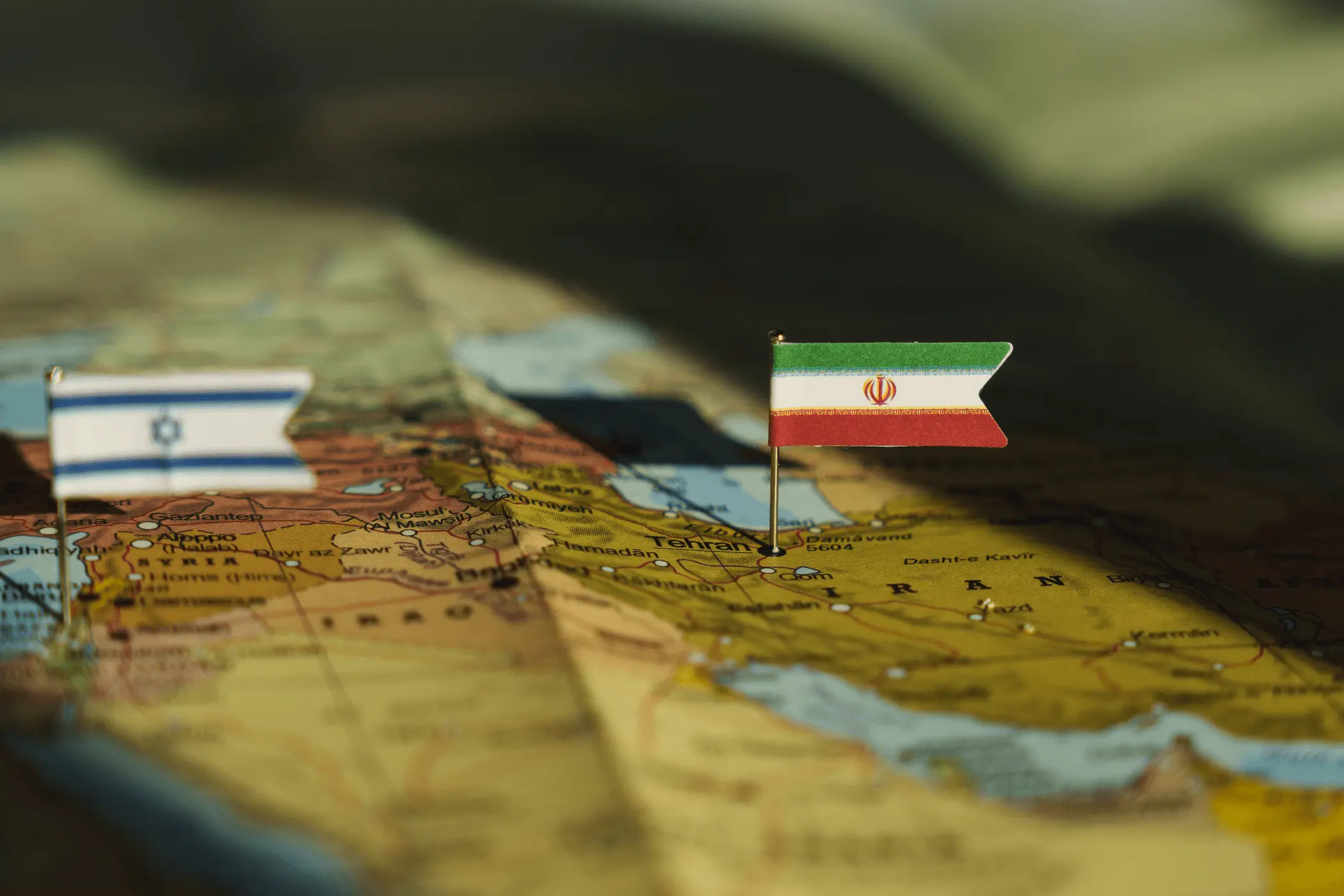
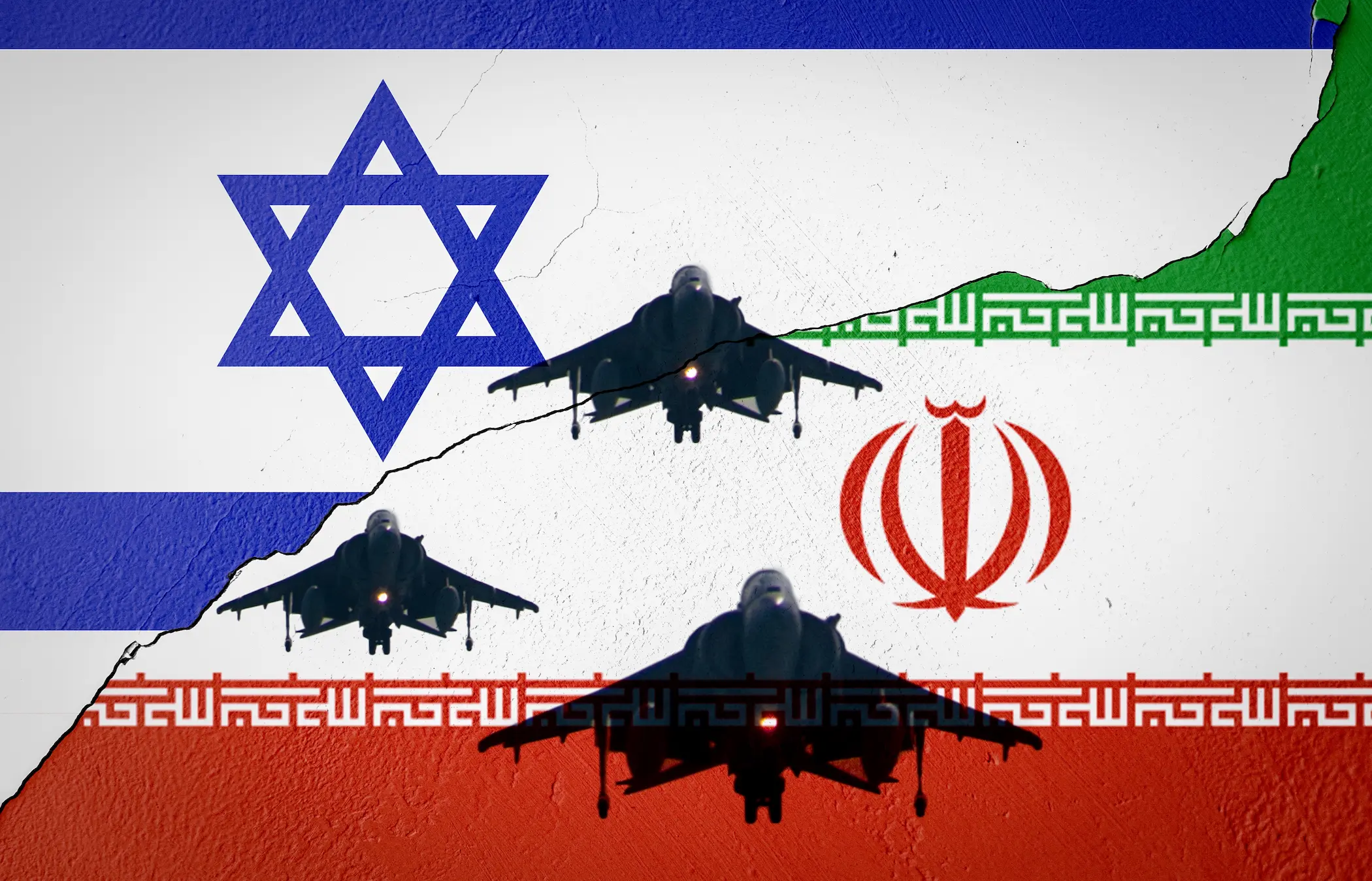
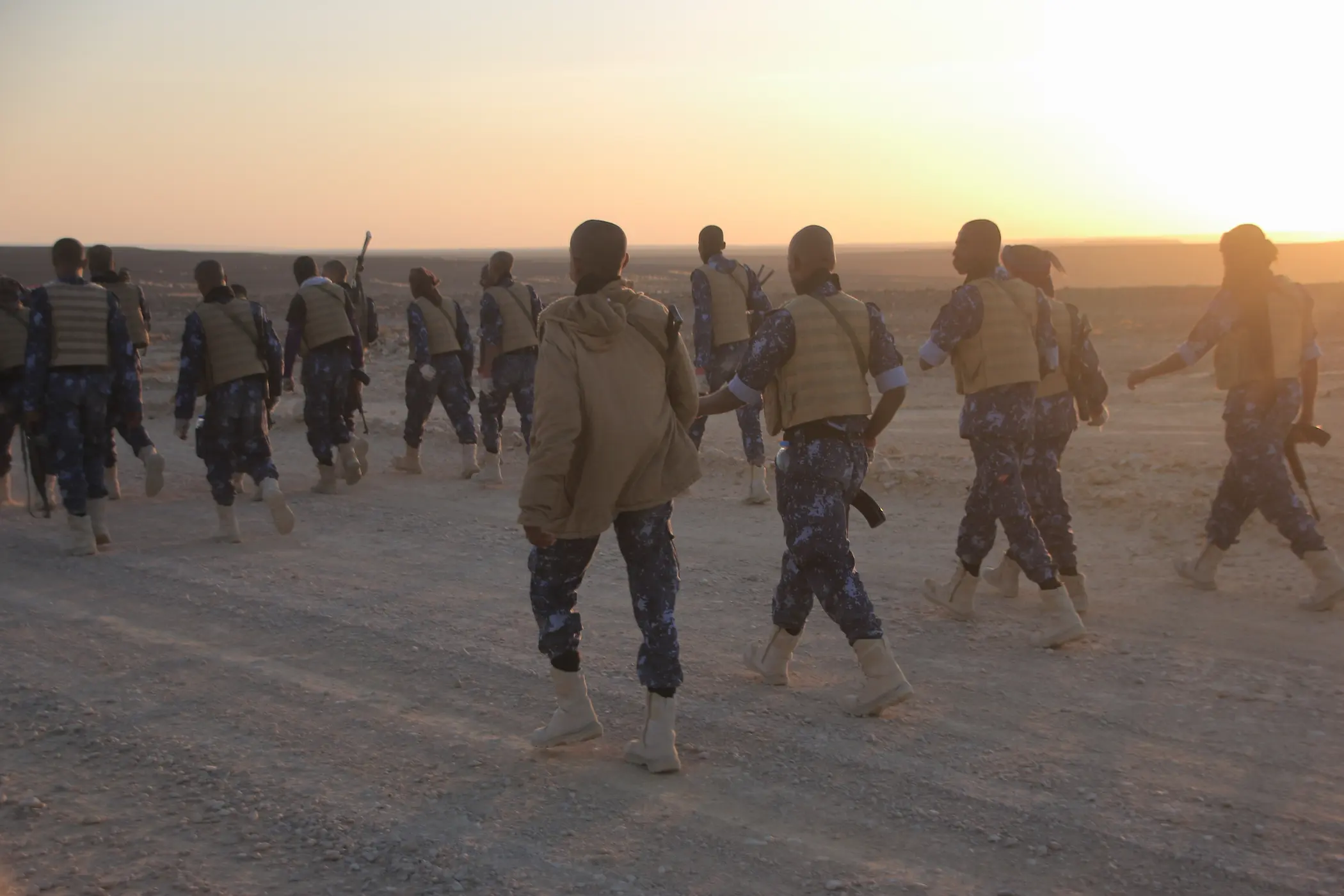
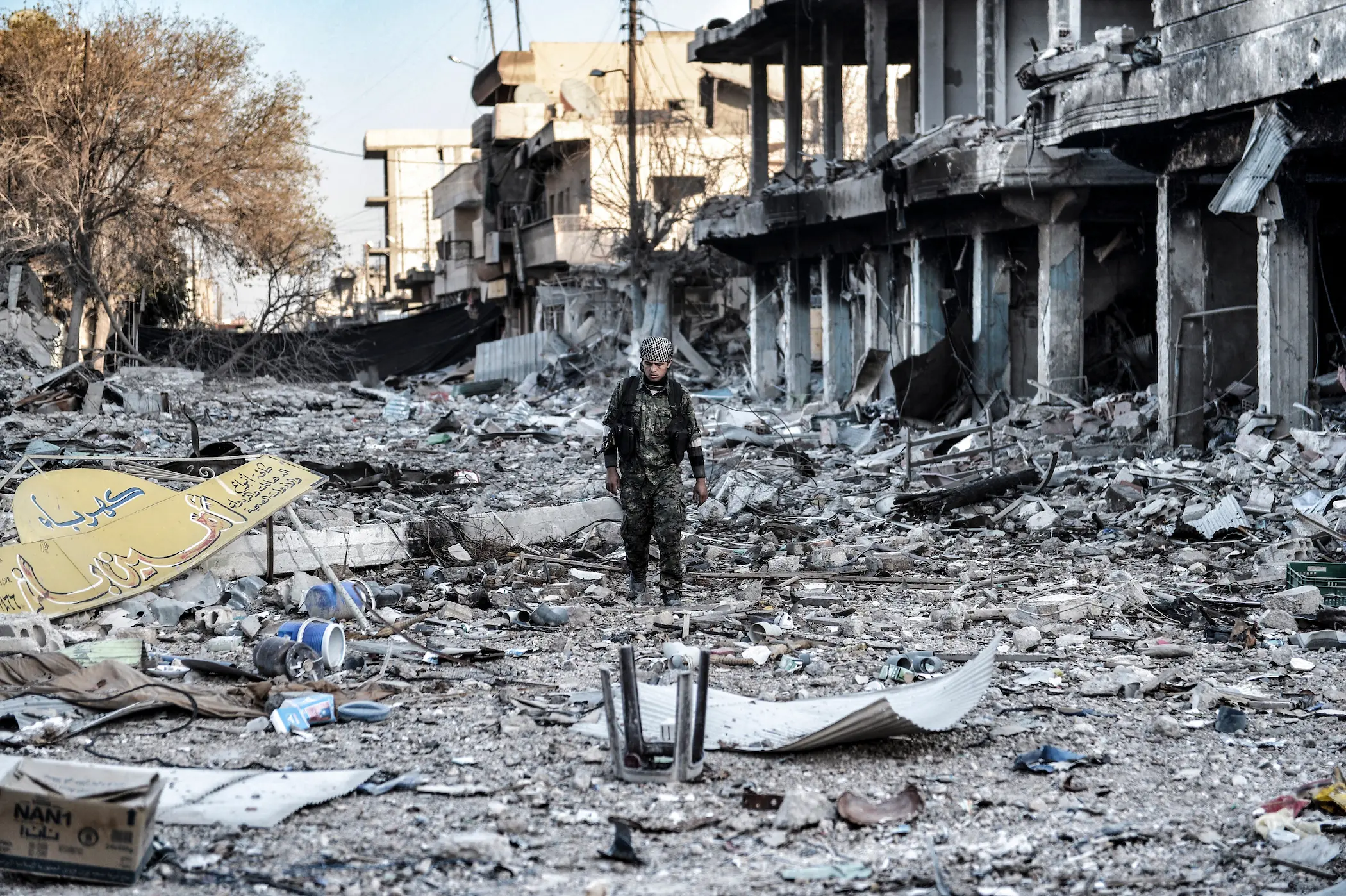
Comments